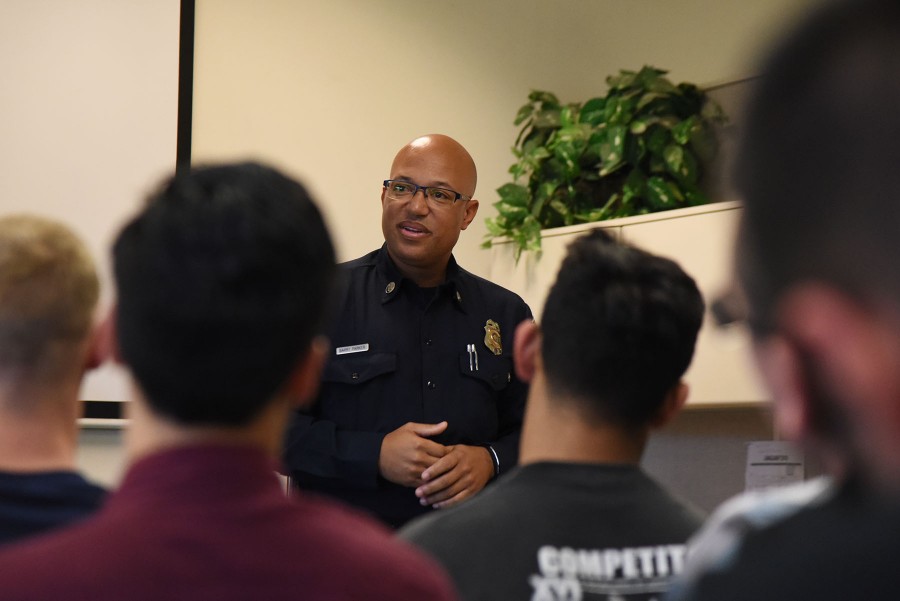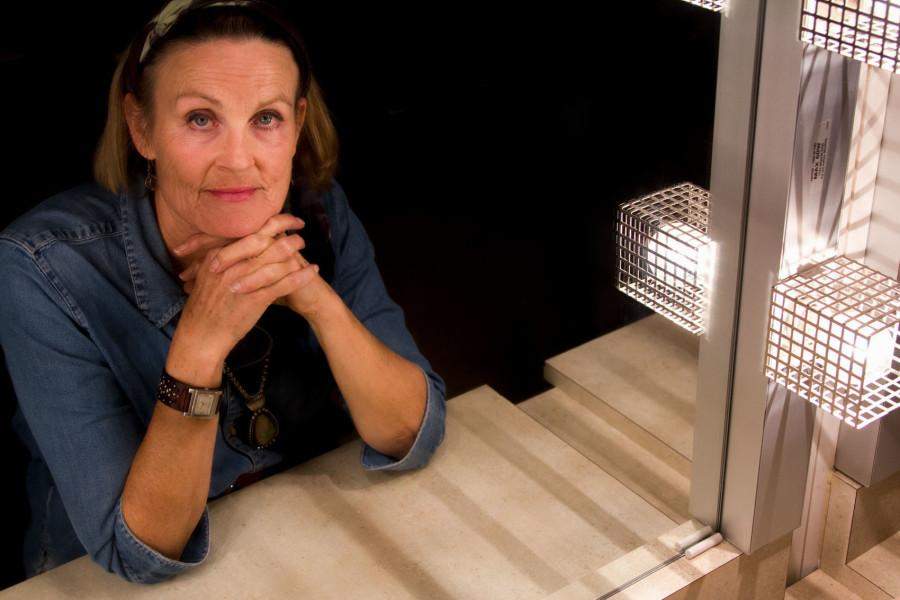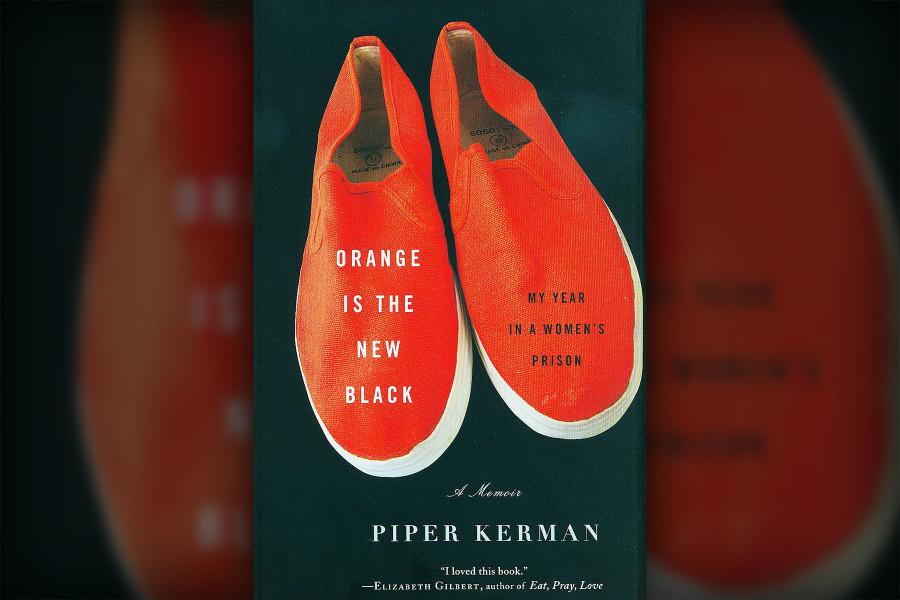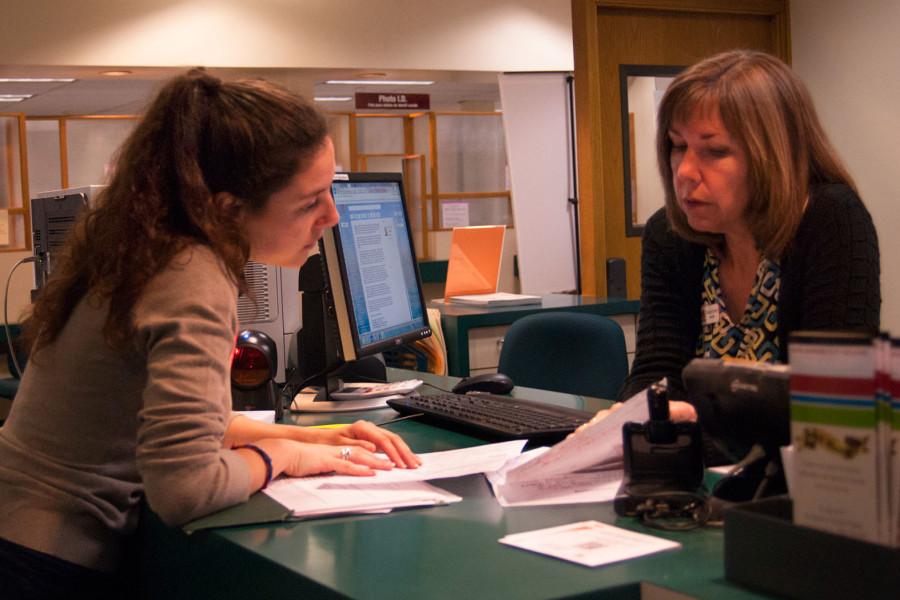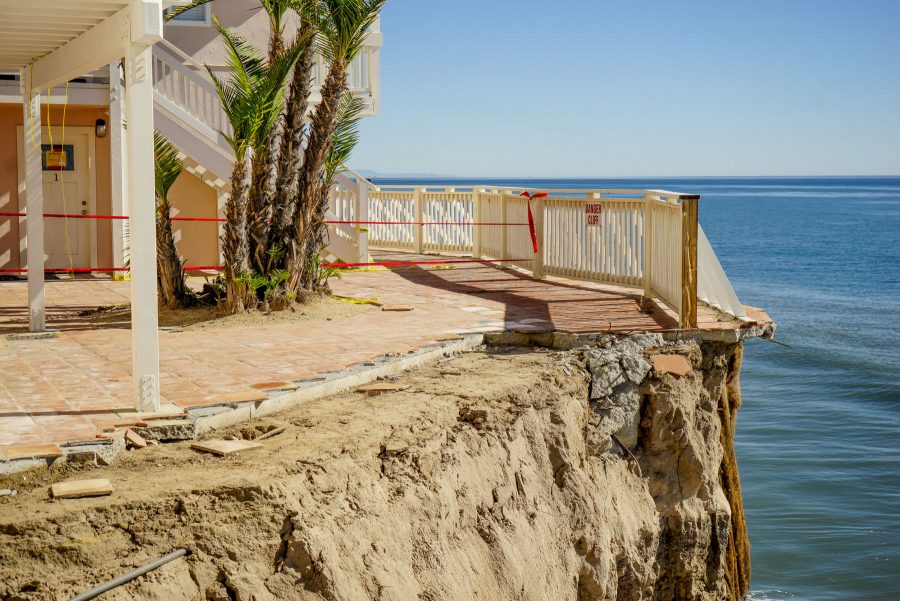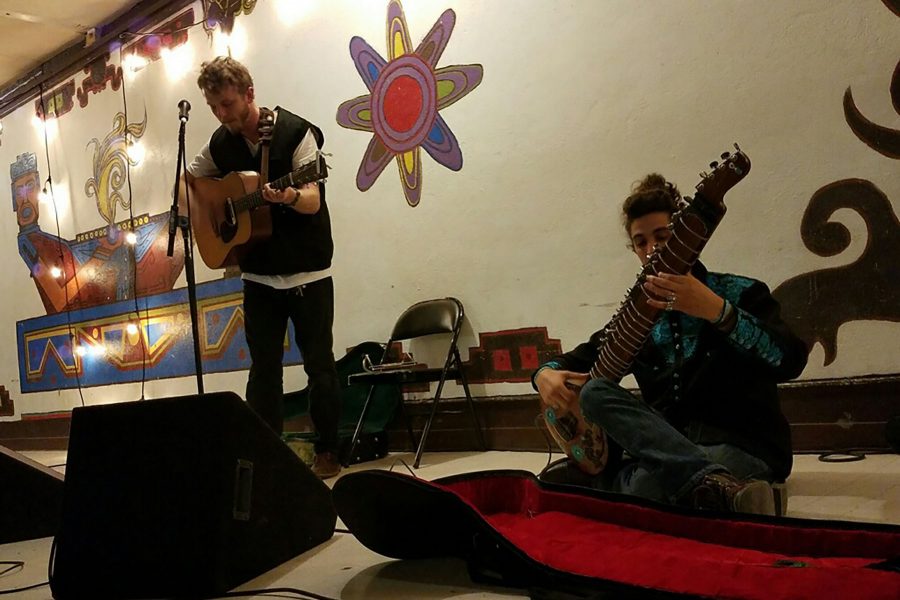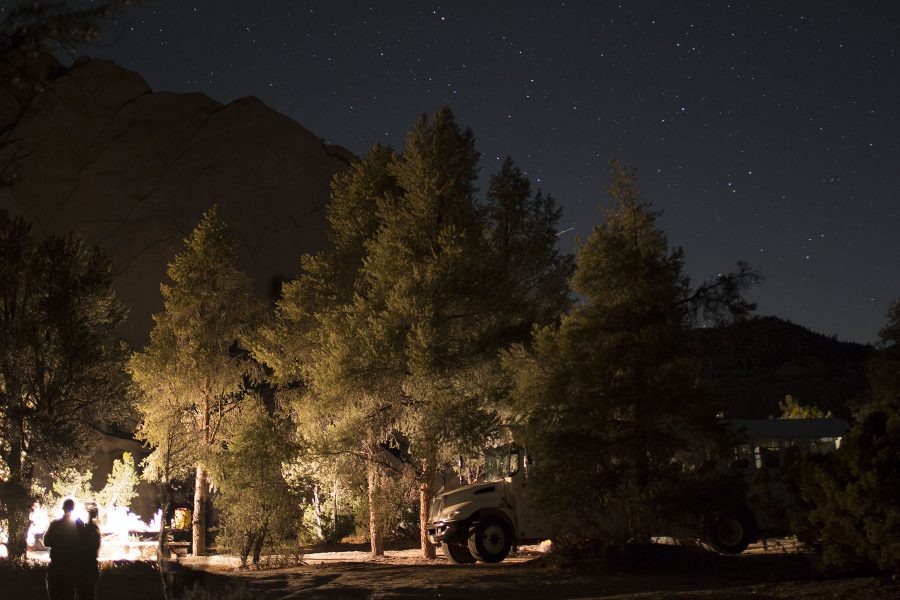We all have something that we would die for. Maybe it’s our children, spouse or our own country; for some, it’s journalism.
When we think of a career in journalism, the word “dangerous” doesn’t often accompany it. People write and converse all the time; it’s human nature. So what’s the difference?
Journalists are drawn to risky situations because they strive to get the story out first. The competition is always high and so are the stakes. Journalism is such an underrated career because we put ourselves in unpredictable situations and most of society does not understand that.
The majority of us are not talk show hosts who chat with big name celebrities; we’re real people dedicated to get the truth out to the public.
Unfortunately, journalists can and will acquire enemies along the way. They could be a co-worker, an ex-colleague or even a “source.”
Around the world, being a journalist is becoming increasingly more dangerous.
This is frightening because it’s something we do everyday. Everyday, we take risks to tell the public what is going on. Why are journalists being targeted for doing our job?
On Tuesday, Feb. 9, in Puebla, Mexico, Anabel Flores Salazar, a crime and justice reporter, was found dead on the side of a highway. She was unclothed and tied up with her head inside a plastic bag.
Salazar had been abducted from her home by men dressed as if they were in the military. She was 32-years-old.
Why is it that a journalist who reported on crime and justice was murdered?
Someone along the way did not want her to continue writing about what she already knew. She clearly had information that others didn’t want shared.
On Aug. 26, 2015, broadcast journalist Alison Parker and cameraman Adam Ward were shot and killed on-air by former colleague Vester Flanagan. They worked for TV station WDBJ7 in Roanoke, Virginia.
The motive behind the shooting was alleged racial comments made by Parker and Ward’s complaint to human resources while he and Flanagan had worked together.
In Syria and the Middle East, there have been a large number of journalists killed, abducted or tortured. One of the most well known murders linked to ISIS was the case of James Foley.
Foley, a freelance American journalist and video reporter, was beheaded on Aug. 19, 2014, in Al-Raqqah, Syria. He was abducted on Nov. 22, 2012, in northwest Syria by the extremist group, Islamic State in Iraq and Syria, or ISIS.
Foley lived a fearless life, exposing the violent, destructive acts terrorizing people of the Middle East.
So how do we stop these vicious attacks on journalists?
A journalist should always know how to act if something goes awry. We need to know our audience and “sources.” Our audience is most likely the local community. Getting to know who they are is vital because we are able to establish familiarity and trust while adding to our understanding of the community.
Reporters Without Borders, a non-profit organization that protects the press, published a very helpful guide on how journalists can stay safe in dangerous situations.
Still one question remains, how is it possible that society fails to recognize the importance of the most dangerous careers?
Journalism is full of passion, truth and pleasure; and it is a vital role in empowering the masses that cannot be ignored.






